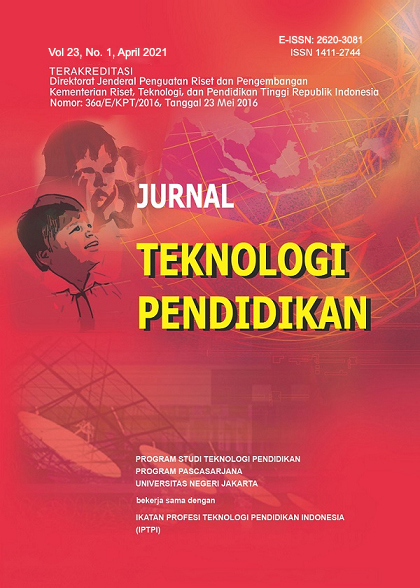Digitalisation Guide Book of Basic Physics Practicum Equilibrium Material
DOI:
https://doi.org/10.21009/jtp.v23i1.14646Keywords:
Inquiry, Science Process Skills, E-moduleAbstract
This article presents research on inquiry-based e-modules for science process skills. This lab module is made with stages of development, implementation and evaluation adopted from branch. The purpose of this study is to determine the science process skills and perceptions of Jambi University physics education students after using basic physics e-module based on science process skills with inquiry models that use 3D pageflip application software. The results show that students who have used electronic modules have a better perception of electronic modules than ordinary modules they use, this is reinforced by the presence of a significant difference between students who use e-modules and those who do not, students are more interested in using electronic modules because it is easy carried anywhere and can be used anywhere.
Downloads
Published
How to Cite
Issue
Section
License
Jurnal Teknologi Pendidikan is an Open Access Journal. The authors who publish the manuscript in Jurnal Teknologi Pendidikan agree to the following terms.
Attribution-ShareAlike 4.0 International (CC BY-SA 4.0)
-
Attribution — You must give appropriate credit, provide a link to the license, and indicate if changes were made. You may do so in any reasonable manner, but not in any way that suggests the licensor endorses you or your use.
-
ShareAlike — If you remix, transform, or build upon the material, you must distribute your contributions under the same license as the original.
- No additional restrictions — You may not apply legal terms or technological measures that legally restrict others from doing anything the license permits.
Notices:
- You do not have to comply with the license for elements of the material in the public domain or where your use is permitted by an applicable exception or limitation.
- No warranties are given. The license may not give you all of the permissions necessary for your intended use. For example, other rights such as publicity, privacy, or moral rights may limit how you use the material.








